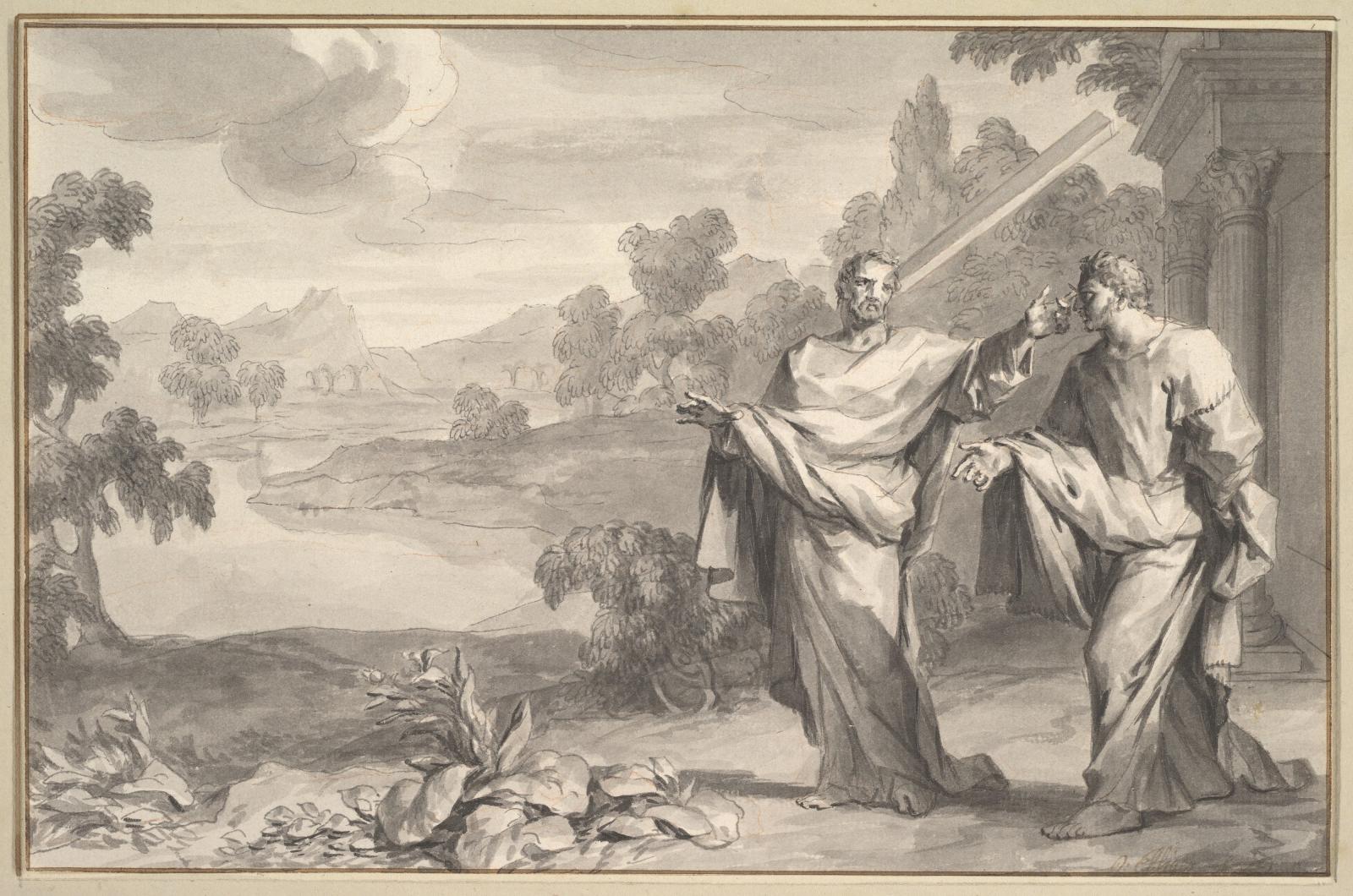[video:http://youtu.be/8rG3ZfzIb_Y]
The original idea behind this video was born from the conviction that the complex and ten-year illness of Alessandro Liberati – experienced personally as a patient in every which way, but also looked upon using his skills as a doctor, researcher and a person of authority, with his commitment to financing research -, holds great significance in terms of the explanations provided and represents a not-to-be -missed opportunity to reflect on where medicine and research is currently heading.[1]
In addition to having explored the classic method of written communication relying upon various texts (in Italian and in English, amongst which a memorable letter to BMJ in 2004 [2] and a publication in Lancet just a few weeks before his death, which resembled a testament on morality [3]) Alessandro focused on the idea of a short video which would be able to resonate with the general public, serious yet filled with irony and thoughtfulness, making people laugh on the subjects of serious matters, with the aim of making the viewer reflect on serious issues affecting everybody.
Alessandro Liberati died on the 1st January 2012, before completing his project. Multiple myeloma was the cause of his death, an illness which he had suffered with for over ten years, experiencing asymptomatic stages, repeated bone marrow transplants, remissions, resurgence of the illness and difficult decisions with regards both therapeutic and existential strategy.
The concept of preventable uncertainty”, modeled on the concept of “preventable mortality”, is based upon the statement that uncertainty is a condition which cannot be detached from medicine, in all its forms. This condition is well understood by those directly involved, even if it is not shared by the vast majority of the general public, amongst which, the conviction that contemporary medicine, as a science, is a source of certainty. The research itself, in reality, with everything it brings to light, is always unraveling new scenarios for which there is no data available, and in any case, the evidence, constantly referred to by EBM, is more often than not purely based on probability. When it comes to responding to the question of the ill person “what is going to happen to me?” nobody is ever able to respond with certainty.
Although death is inevitable, we can ensure that it is avoided in the instance of conditions which are presently curable, such as appendicitis or an ulcer. In much the same way, some sources of uncertain pain experienced by those that are ill, which could, and so, should, be avoided. More specifically it would be possible to provide answers to questions if only the necessary testing was completed, and quite differently, there are situations in which the response is already known, but those who should convey the aforementioned do not wish to or do not have the ability to effectively communicate it to the patient. It is upon this basis that the idea to focus on research and communication came about, the aforementioned being the two main elements used to identify the extent of the uncertainty experienced by those who are unwell, and to act in such a way to fight it.
Ed: it is possible to listen to Roberto Satolli's work here on Radio3Scienza during the programme dedicated to Alessandro Liberati.
References:
1. In addition to the authors of this text, the following persons, listed in alphabetical order, have contributed throughout the various stages of the "Preventable uncertainty" video project: Giulia Candiani, Augusto Cavina, Elisa Liberati, Fabrizio Palaferri, Silvio Soldini, Mario Spallino, Mariangela Taricco.
2. Liberati A. An unfinished trip through the uncertainties. BMJ 2004; 328: 531–32.
3. See the performance, Farmageddon: http://www.emergency.it/teatro/farmageddon.html; http://www.scienzaexpress.it/formula-sipario/166-farmageddon.html



